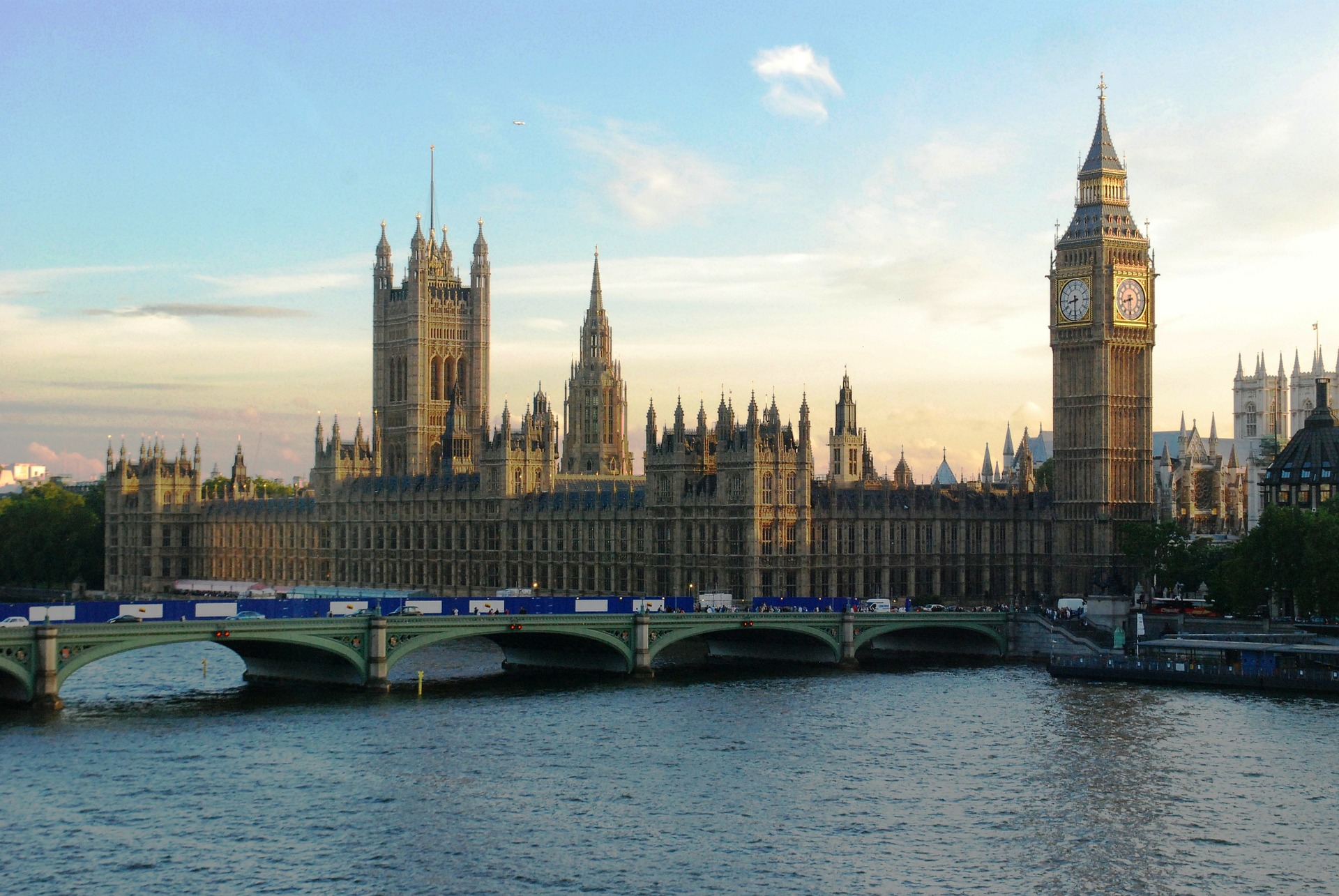
The Future Lawyer Weekly Update – w/c 25th February
February 27, 2019
Clear the Lobby: What laws are MPs voting on this week? – w/c 4th March
March 4, 2019Your round-up of the stories that you should discuss at interview this week:
Trump-Kim Summit at Hanoi Failed
Reported by Rui Ci Lee
28th February 2019 saw North Korean leader Kim Jong-un and the President Donald Trump fail to come to an agreement following the second summit.
According to Trump, the summit ended abruptly as both parties failed to come to a compromise. North Korea offered to denuclearise its nuclear research and production facility in Yongbyon in return for the US to completely lift the sanctions off the country. Yongbyon is the heart of North Korea’s nuclear programme and it is the only known source of plutonium in the country.
Trump regarded denuclearisation of Yongbyon to be insufficient for the complete lifting of sanctions, as it is believed that North Korea has at least two other uranium enrichment facilities in the country. It is the reluctance by both parties to close the gap between what North Korea is prepared to offer in return for complete lifting of sanctions, and Trump’s view of ‘denuclearisation’, ie ‘get[ting] rid of the nukes’, that led to the failure of the negotiation.
The first summit between the two leaders took place in Singapore in June 2018. Both parties had then signed the Singapore Declaration on establishing new US-North Korea relations and building a lasting and robust peace regime on the Korean Peninsula. Trump also committed to provide security to North Korea. In return, Kim reaffirmed his commitment to complete denuclearisation of the Korean Peninsula.
If a deal was struck during the second summit and sanctions were lifted to some extent, it would have facilitated the resumption of inter-Korea economic cooperation. Jenny Town, managing editor of 38 North, opines that the unsuccessful negotiation therefore places South Korea in an awkward position. Despite the summit coming to a short end, the US remains hopeful that both countries will resume talks following the summit.
Read more at BBC.
Brief preview of a non-deal Brexit scenario
Reported by Emma Ducroix
An assessment was published by the government on business and trade.
And, that’s not very reassuring…
After the government’s complete rejection of the Brexit agreement on January 15, a second vote will take place by March 12. A hope of some changes within this agreement to be voted on is expected from MEPs.
The emerging idea of the latter is now to delay the Brexit or to conclude a no-deal.
As a result, the United Kingdom will leave the EU on 29 March, with or without agreement.
In a no-deal scenario, areas economically weaker would be Wales (-8.1%), Scotland (-8.0%), Northern Ireland (-9.1%) and the North east (-10.5%).
As for the UK economy, it will be 6.3% to 9% smaller after 15 years.
According to the report, “Some food prices are likely to increase” and customs checks could cost business £13 billion a year.
The activity that may be more vulnerable with a non-deal Brexit is the food supply of the UK. It 30% comes from the EU, especially for fresh fruit and vegetables.
Considering that it is a report based only on facts, there is a little hope and evidence that companies are seriously preparing.
Some of the deputies estimate that it would be ‘ruinous’ for this country, according to the Brexit Secretary.
The publication of the report follows a proposed amendment last month from former Conservative MP Anna Soubry and backed by ex-Labour MP Chuka Umunna, both members of the newly formed Independent Group.
And Mr Umunna said the report was “a disastrous picture of the catastrophe which would befall our country if there is a no-deal Brexit”.
The risk is that we may see panic buying, a severe disruption at the border, and jobs and livelihoods would immediately be put at risk.
For more information read here at the BBC.
Sally Challen wins appeal against murder conviction
Reported by Sarah Mullane
Following a successful high-profile campaign by her two sons, Sally Challen has won an appeal to have her murder conviction quashed.Mrs Challen, who admitted to bludgeoning her husband to death in 2010, was convicted to a minimum of twenty-two years in jail, reduced to eighteen years on appeal.
Her lawyers have now successfully asked the Court of Appeal to “reduce her conviction to manslaughter” in light of the abuse that she had suffered by her husband prior to his death. According to Mrs Challen, she had been subject to abuse by her husband since meeting him at the age of 15, leading to their separation and ultimately to the incident in which she hit him with a hammer 20 times. Now, at the age of 65, Mrs Challen has served eight years of her conviction.
During the appeal, three senior judges overturned the conviction; stating that the lack of expert psychiatric evidence at the time of the original trial undermined the safety of the conviction. A psychiatrist has since diagnosed Mrs Challen as suffering with two mental illnesses.
In a speech made outside of the court house, Mrs Challen’s son David said that it was an “amazing moment” as the judges “acknowledged that this case needs to be looked at again” and that “the abuse our mother suffered [..] was never recognised properly and her mental conditions were not taken into account.”
Mrs Challen’s defence team are expected to raise a bail bid at a future hearing.
Get these updates straight to your inbox every week by signing up here.



